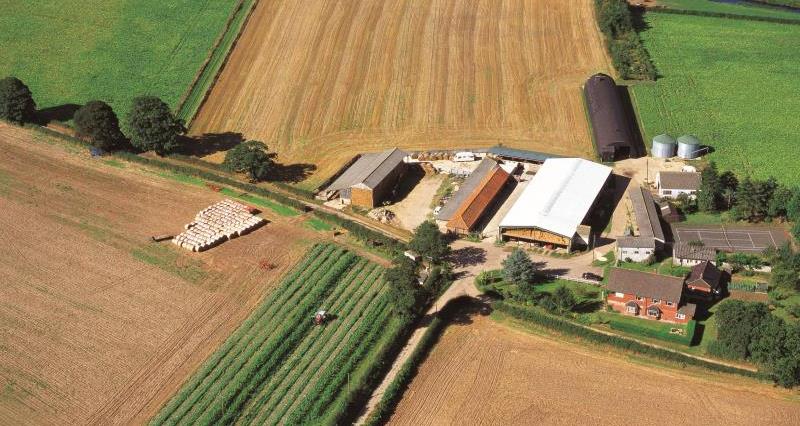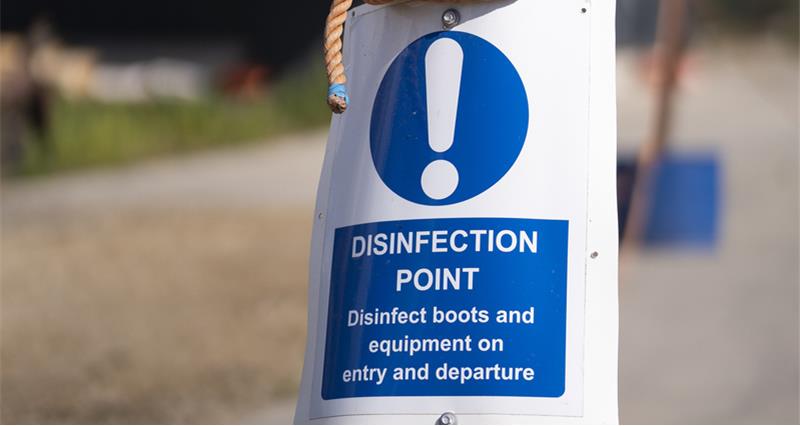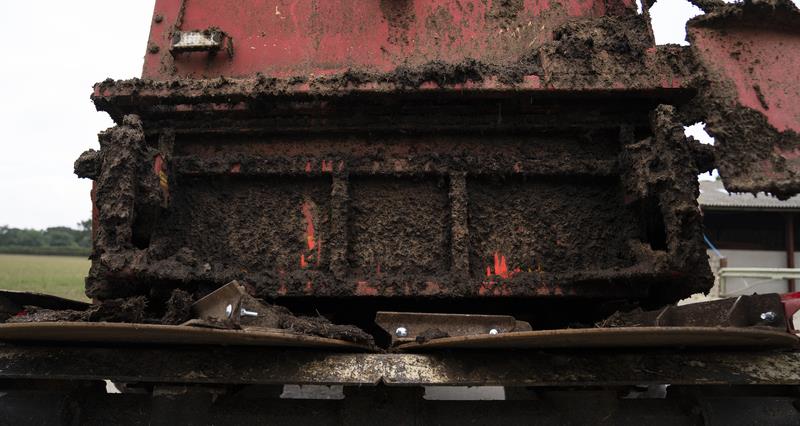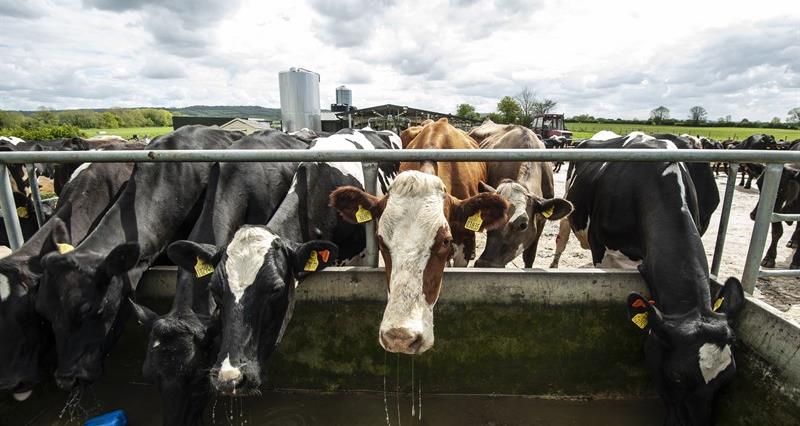Threat of human exposure
Recent events in America where HPAI (High Pathogenic Avian Influenza) have been passed to humans demonstrate the importance of good biosecurity protocols for farm staff and those working or coming into contact with animals.
There are currently 70 people infected with AI in the US, 67 with a known contact to cattle or poultry, 3 are unknown. 2 of the 67 are linked to backyard poultry, and around 33 with the cattle.
All cases have displayed with conjunctivitis and the presumption is that infection is due to direct contact with the conjunctiva rather than consumption of products. (The conjunctiva is a mucous membrane that lines the inside of the eyelids and covers the white of the eye).
Establishing a ‘dirty’ area
If possible, create a ‘dirty’ area where farm clothing and footwear is removed and can be washed before going into dwelling or accommodation areas.
Facilities to allow hand washing are advisable in this ‘dirty’ area. Handwashing facilities should include:
- Running water.
- Liquid soap (no bar soap). Antibacterial gels are NOT a substitute for proper handwashing.
- Paper towels (not cloth towels).
You should avoid storing, preparing or eating food in these areas.
Visitors and children
Consider having a visitors’ book in this area where you can record where visitors coming into your home have been, especially if they have come from other farms or places where animals are kept.
Take care if you have children on the farm – encourage them to wash their hands after petting or handling animals or farm equipment. This is especially important before they eat anything or put their hands near, or in, their mouths.
4 preventative steps to take
- If handling animals, consider providing staff and workers with disposable gloves and protective eye wear.
- Implement robust hand washing and food hygiene protocols.
- Make sure that any farm staff understand the risks of zoonotic disease transfer in relation to their friends and family.
- If any of your friends, family members or staff are already immune suppressed, you must have a conversation with them about their increased risk when they come on farm. Encourage them to speak to their doctor about specific mitigations they can do to protect themselves.












